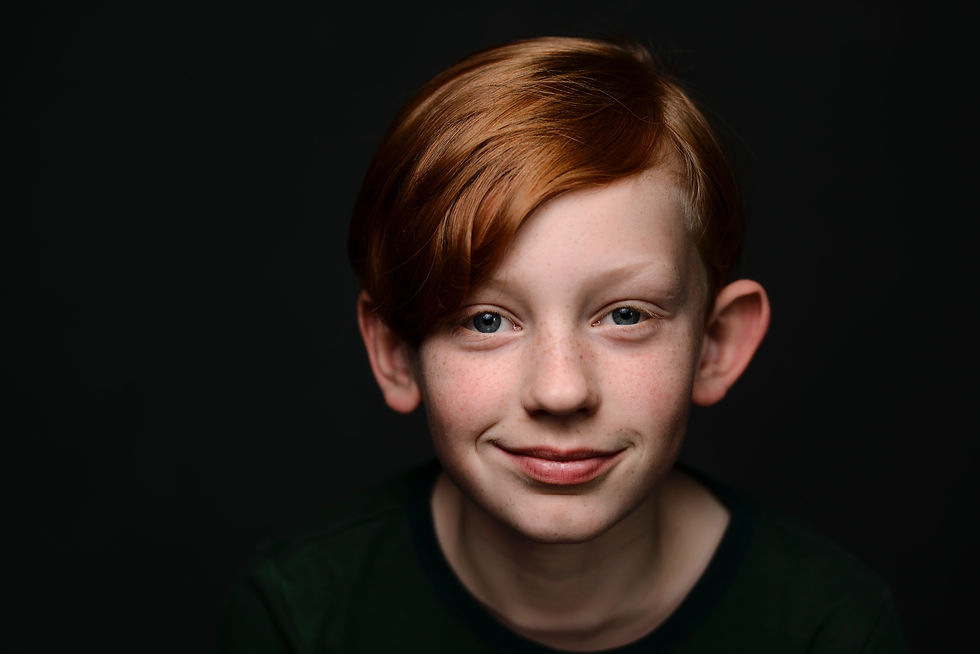Learning Not to Fall Apart by Being Radically Open
- rodbtdenver

- Jun 2, 2022
- 2 min read
Practicing Radical Openness is life changing in many ways. Radical Openness allows us to take responsibility for our actions (especially our mistakes), failures and grief without falling apart.
If you’ve ever seen someone else fall apart, you might consider what your urge was in that moment? Probably you wanted to swoop in and try to fix the person or situation. Yet we can’t fix anyone else. Falling apart is a social signal to other people we are too weak, hurt or incompetent to take responsibility for our lives, choices and behaviors.
A client shared an example of falling apart with me this week that illustrates what social signaling might be associated with falling apart. She said that after her break up with her boyfriend, she cried to her parents on the phone for hours, wailed loudly at home (knowing her roommates could hear), and stopped attending social activities for three weeks.
When I asked her what she was trying to signal when she did this, she paused for quite a long time and said, “Well I never thought about it as a social signal. I just knew I was in pain and I didn’t know what to do about it or how to fix myself.” As we talked more, she recognized that the signal to her tribe was “rescue me from myself,” which is an impossible task.
Practicing Radical Openness
When you practice Radical Openness, you are no longer allowed to blame yourself, blame others, or blame the world for your social signaling, because you know that social signaling is a choice. You begin to have an idea of how you want to show up in the world, even if at times you miss the mark and have to apologize for your signaling. Radical Openness is using a fresh mind to assess a situation and learn something from it. Radical Openness also cultivates a willingness to be wrong and practice healthy self-doubt.
Unhealthy self-doubt is the falling apart. Unhealthy self-doubt is also a social signal, that may look like sulking, walking away, giving up, or behaving helplessly. Recognizing our social signaling in challenging times of our lives helps us take responsibility for the difficult moments.
How to Start
So what do we do instead of signaling that we are falling apart? We make decisions about how to heal and then take action. We figure out how we want to signal by asking some tough questions:
How do I want to grieve a loss?
How do I want to ask for help when I don’t know what to do?
Who do I ask for help?
How do I want to talk about myself with other people when I am hurting?
What is my social signaling in this difficult moment saying to others?
We also change our signaling by putting our head up, pulling our shoulders back, eye brow wagging and joining and contributing to our tribe. When we get down, mopey, hysterically cry or pout, it takes us from our tribe. We are better when we are together. We need tribe in order to heal.
Hope Arnold is a RODBT therapist in Denver, CO. She specializes in disorders of over control. She also writes a blog for PsychCentral and you can follow her on instagram @rodbtdenver.






"Reach out to 'prompttechrecovery@gmail.com for emergency recovery!! I started investing my money with a company that trades Bitcoin after looking at their website and it really made sense to me, though I did not jump in investing a whole lot at first but as time went by after I received a couple of payouts within the first month of my investment, I decided to invest more money into the platform since it was a verified company but little did I know that I knew nothing about the company, they were just luring me to invest more with the payouts and I ended up losing £37,000 to them. I laid a complaint to the police but they couldn’t do anything abou…
I recently used the service of this professional software hacker, I thought it wise to give out some positive reviews about his top notch service, as I also got his recommendation on this page. You can check out this ethical hacker at 'hackspeed24@gmail .com' the Spy-lord is involved with cloning phones, hacked into my ex's email and Facebook, which let me know he was infidel and also gave my nephew some really outstanding school scores which he upgraded himself, a cool way to have financial freedom as well. Get your bank blank ATM cards which could debit money from any ATM machine. Bank transfers and wire transfers as well as PayPal jobs, he's that good, had to make him my…